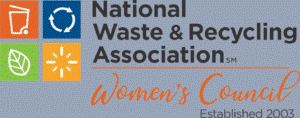Recycling Collection
When communities recycle; used materials are transformed into new, usable products, reducing the need to consume precious, additional natural resources. When plastics, glass, papers and metal aren’t properly recycled, new products must be made by extracting yet more raw material from the earth. This is often accomplished via mining and forestry. Residential recycling helps conserve these important raw materials and plays an important role in protecting our natural habitats for the future. Recycling plastics, glass, paper and metals significantly reduces the dependency on extraction (through quarrying, mining and forestry logging), refinement, and processing of raw materials. All of these activities can contribute to additional air and water pollution. Another large benefit of recycling to the environment, is that it saves energy by reducing emissions of greenhouse gas. This is an important step when it comes to addressing potential climate problems.
Our recycling program features large 96-gallon recycling bins that will be collected every week and their contents recycled properly. See our chart below about what materials should and should not be recycled!
Ask!
If you’re already paying a company to pickup your recycling materials, ask them where it goes!
Many trash companies charge an additional fee to pickup recycle material… then just throw it in the landfill with the rest of the trash they collect.
RWB Disposal collects recycle material separately and it actually gets recycled.
Here’s a quick rundown of what you should and shouldn’t include in your recycled materials.
Recycle These!
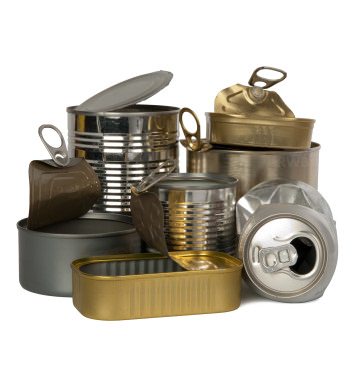
Food/Beverage Cans
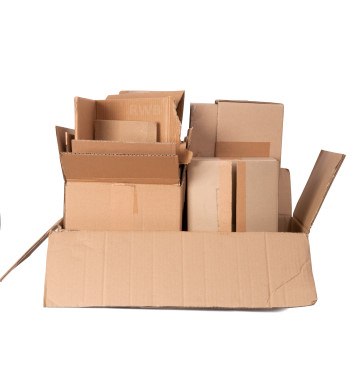
Cardboard / Boxes
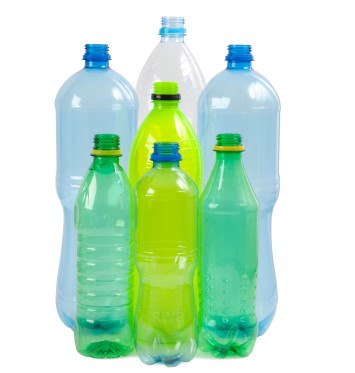
Plastic Beverage Bottles
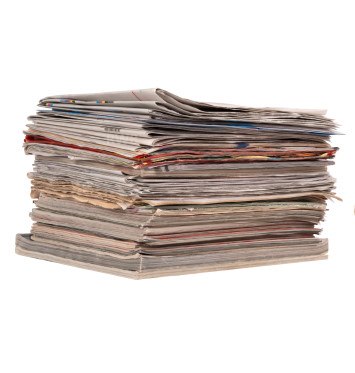
Paper / Newspaper

Glass Food / Beverage Bottles
Don’t Recycle These!
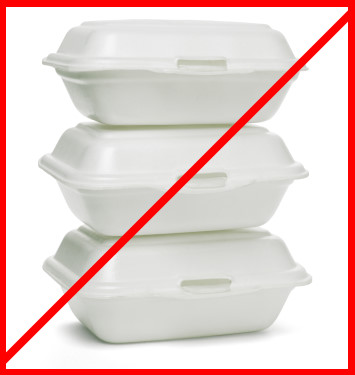
Foam Containers

Food Waste
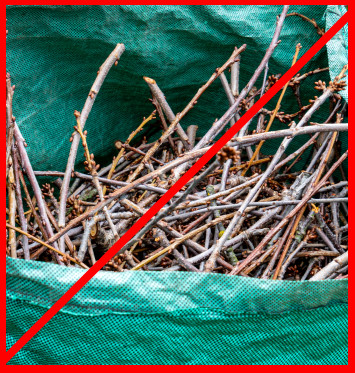
Tree/Grass/Shrub Trimmings
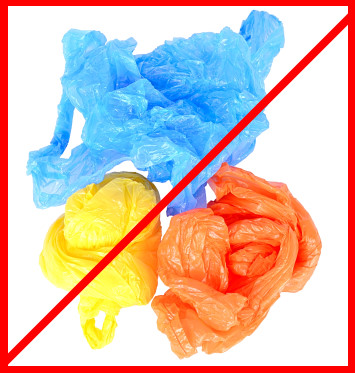
Plastic Film / Grocery Bags
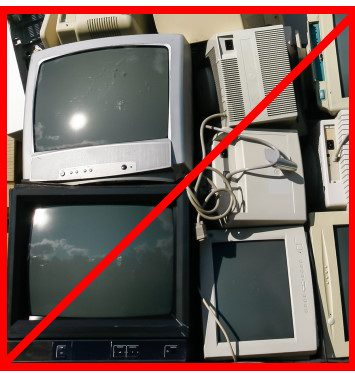
Electronics / Batteries



